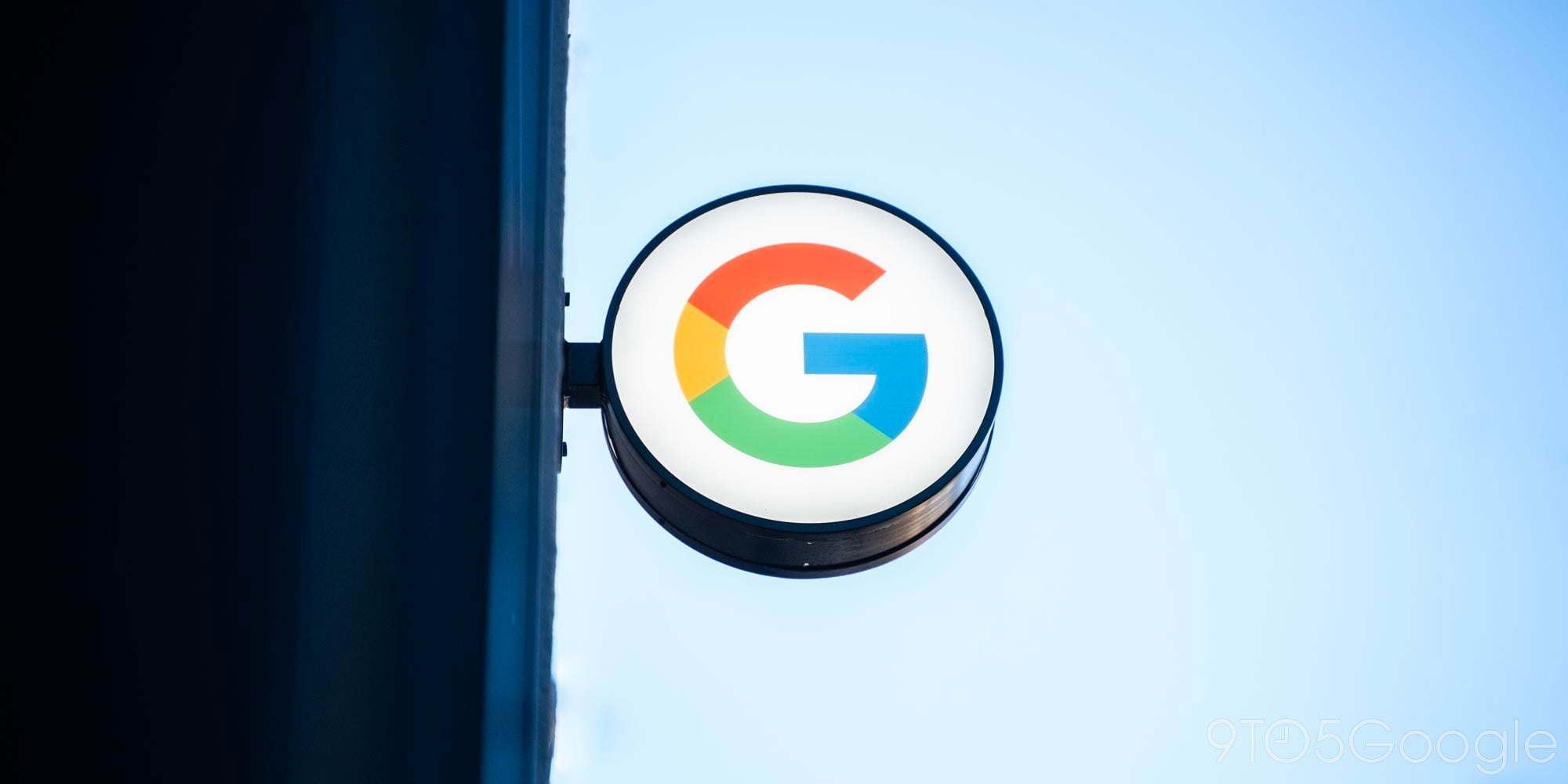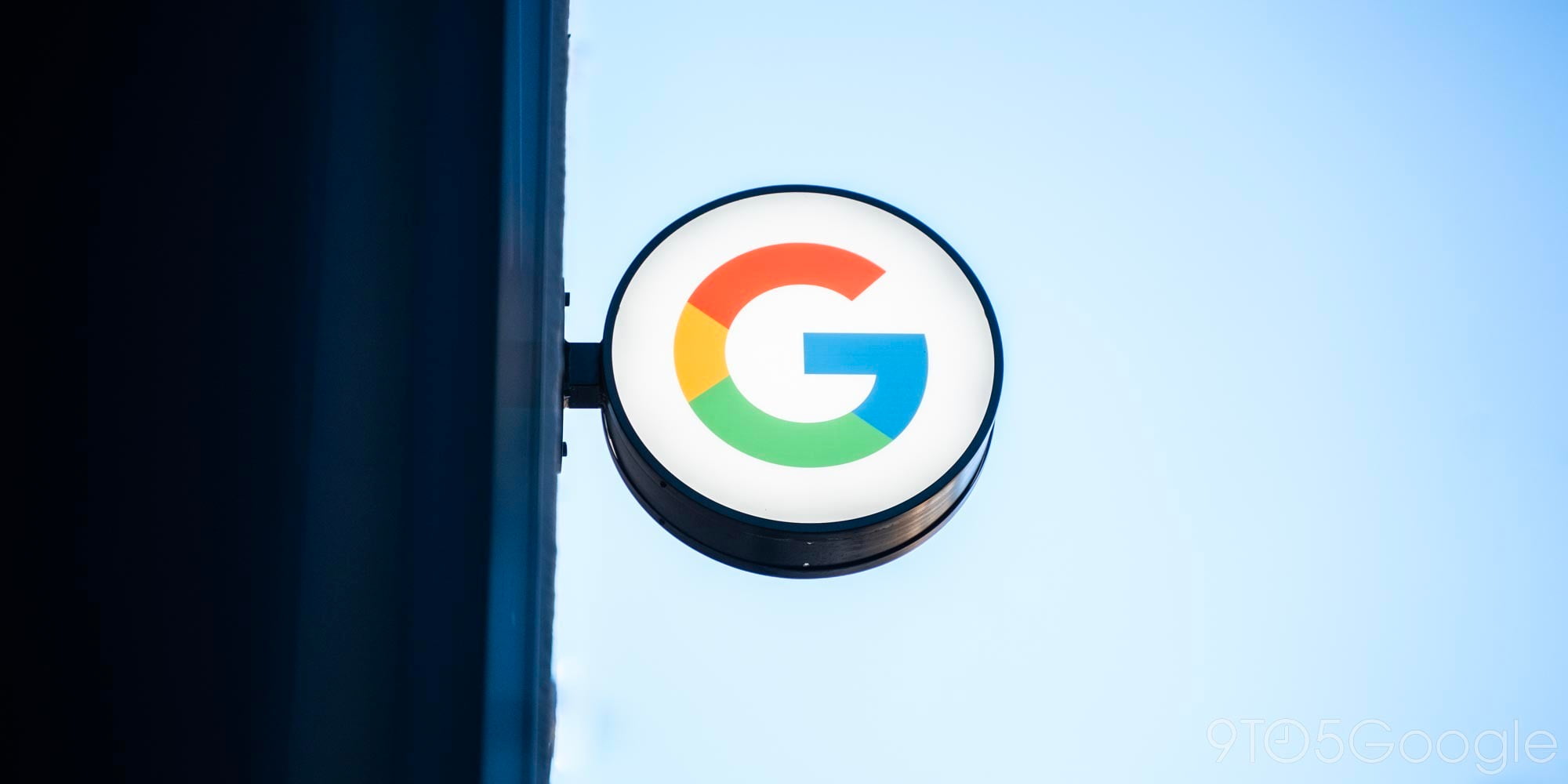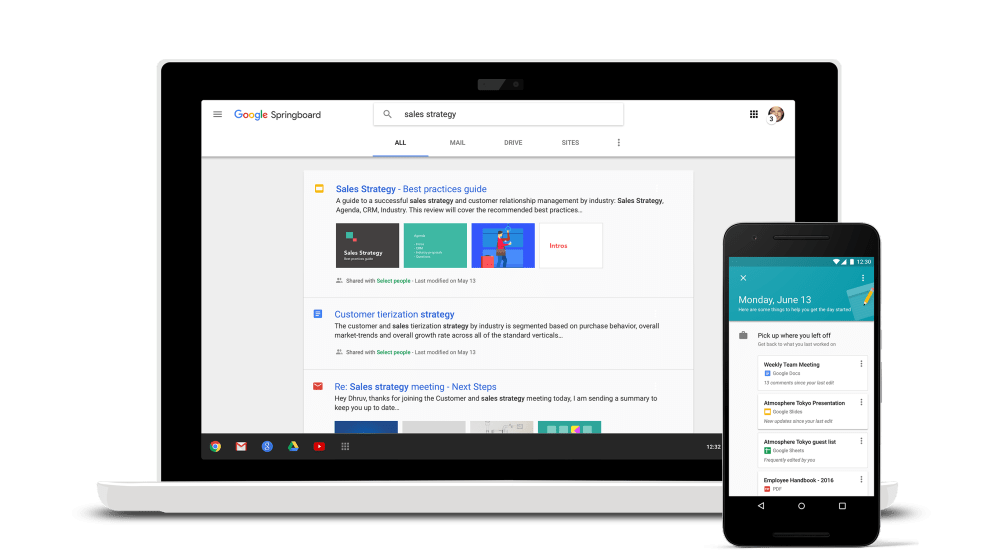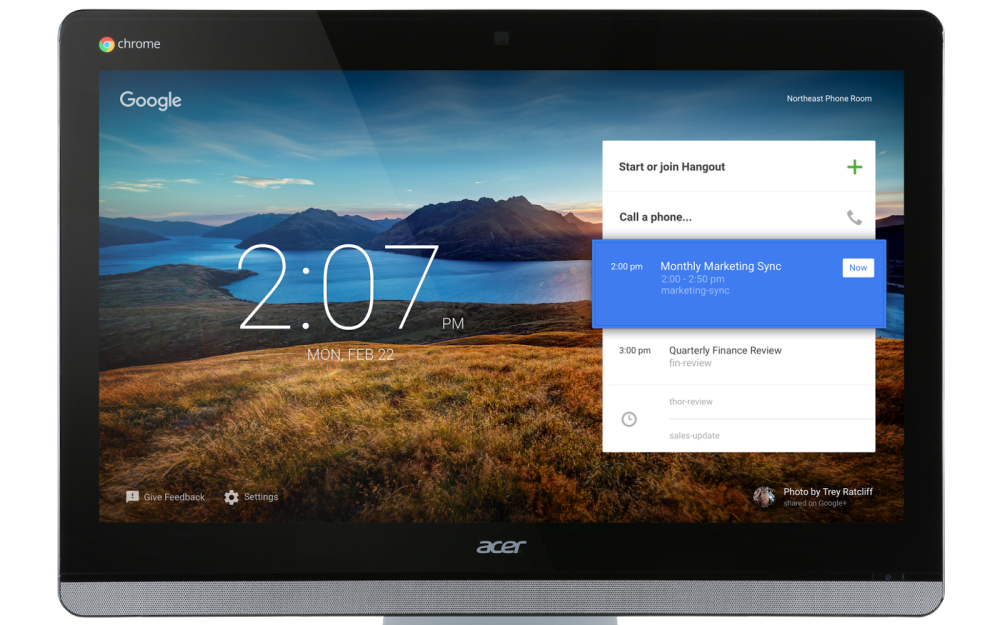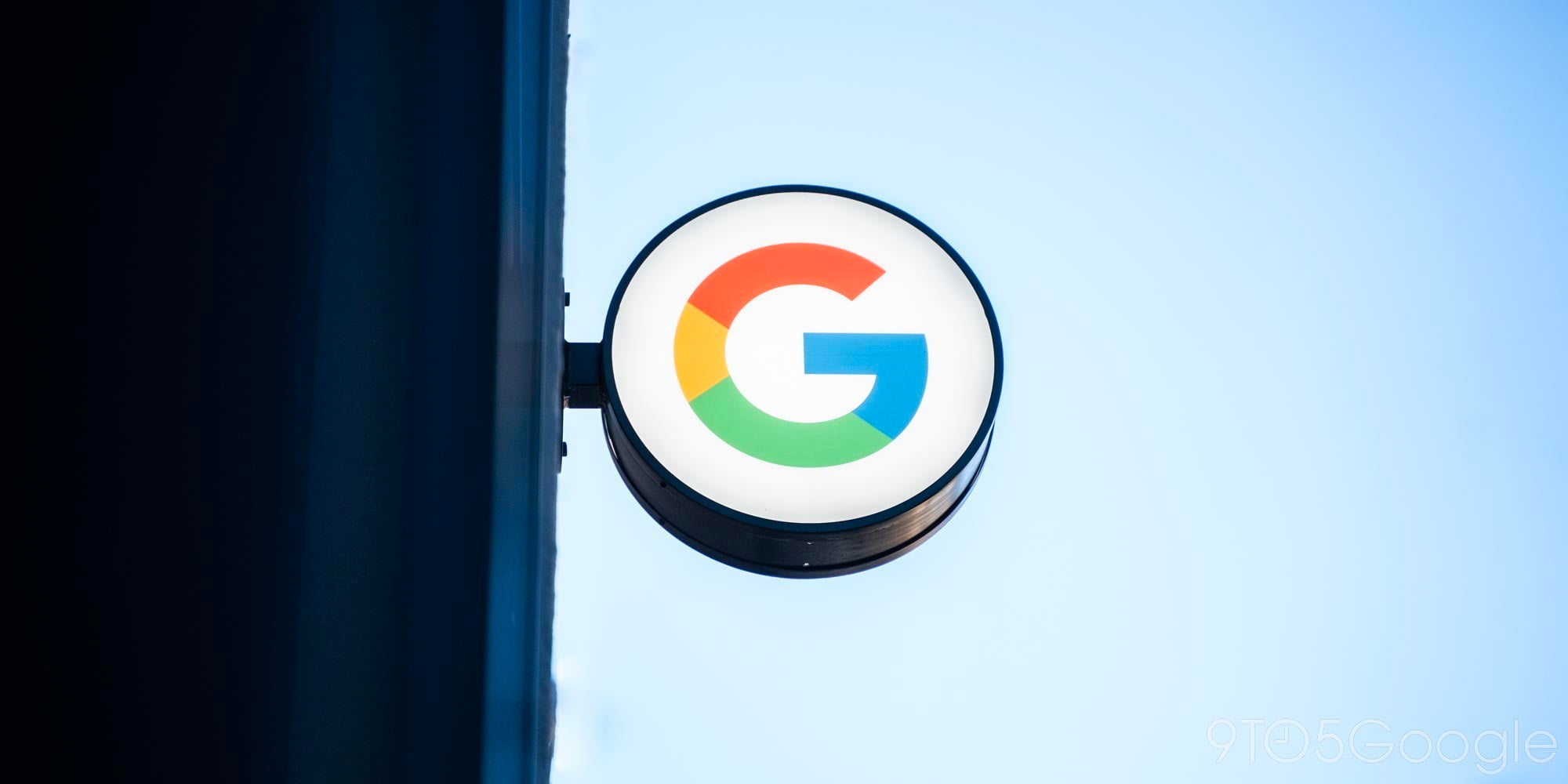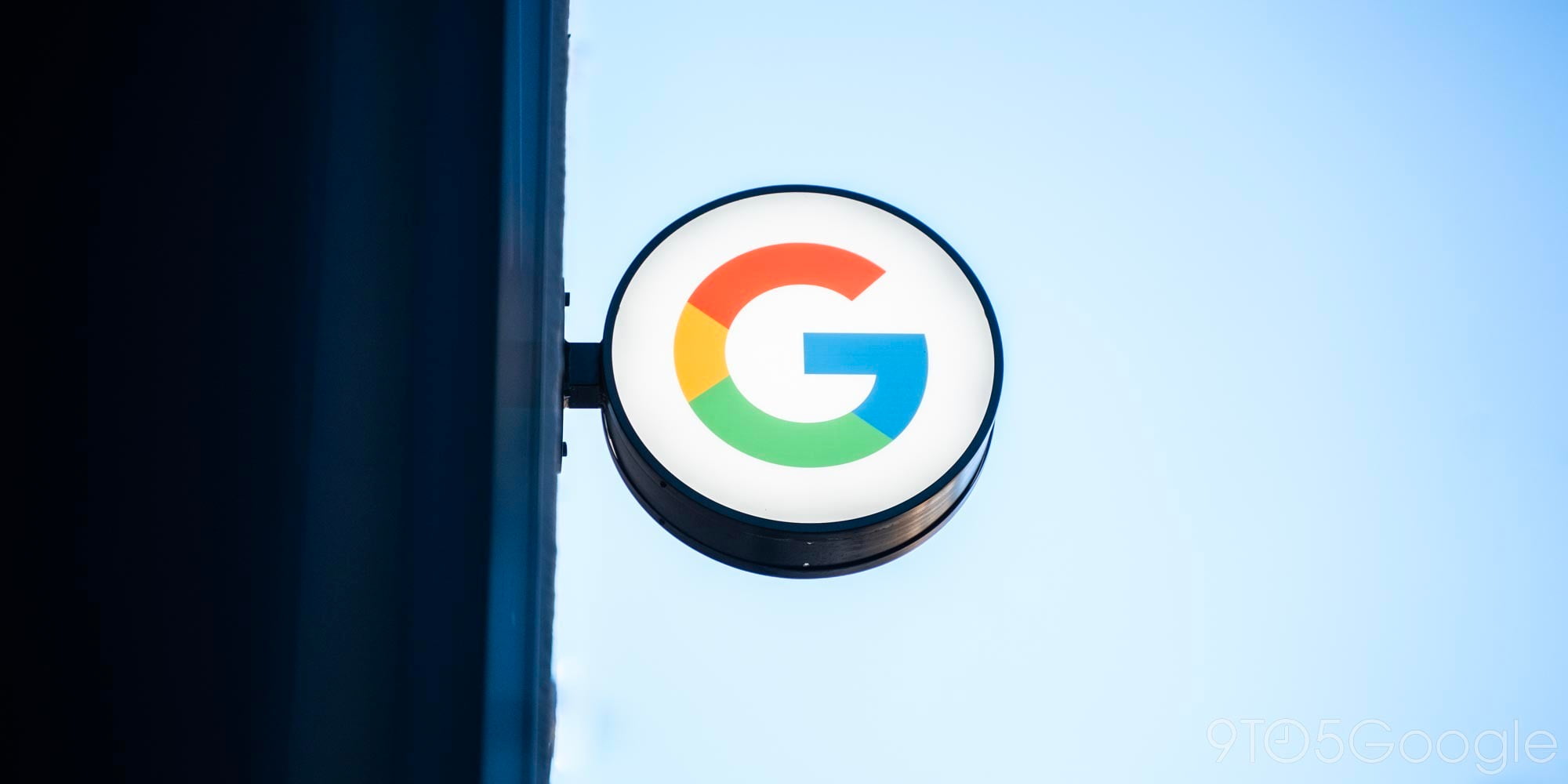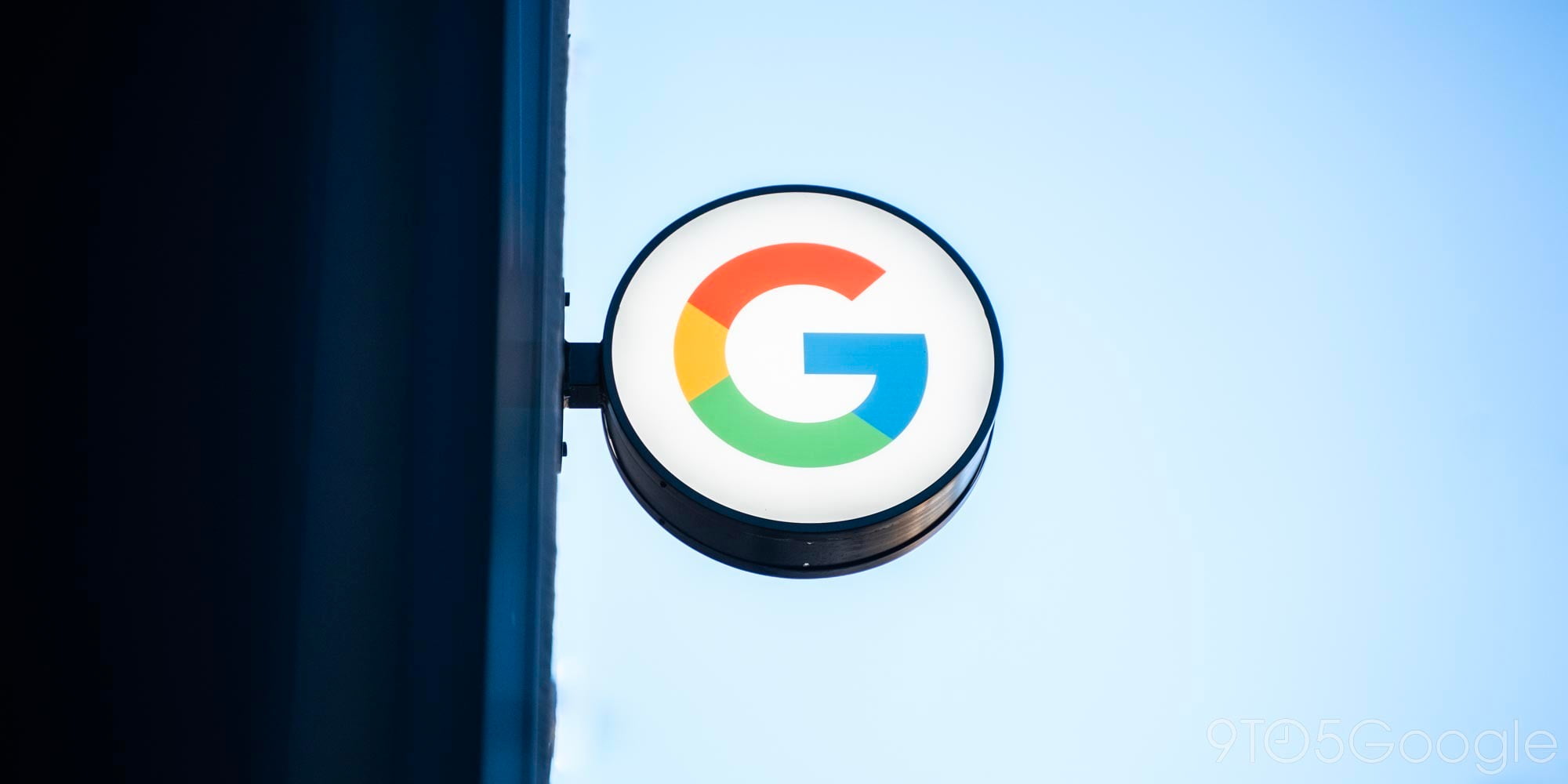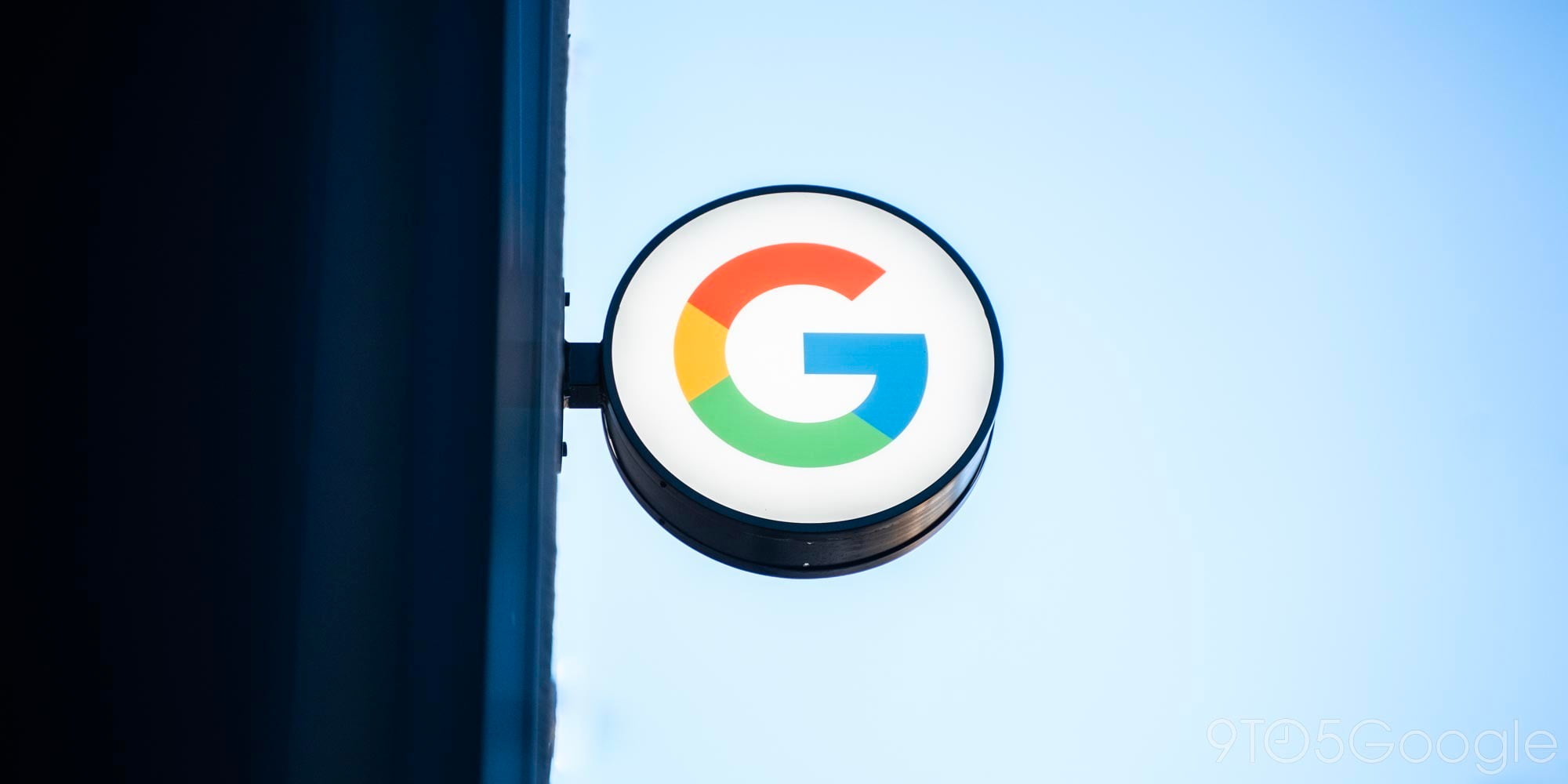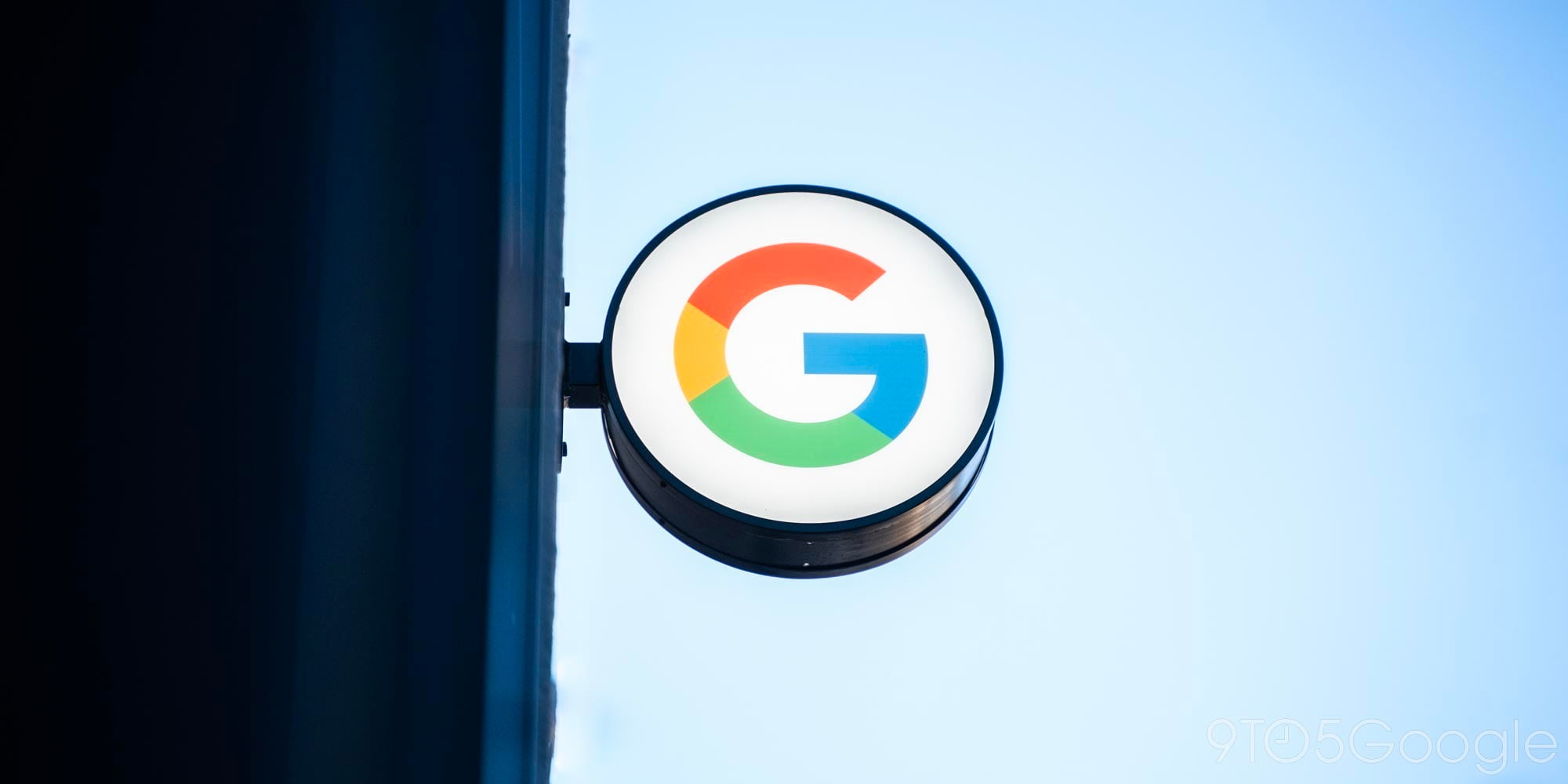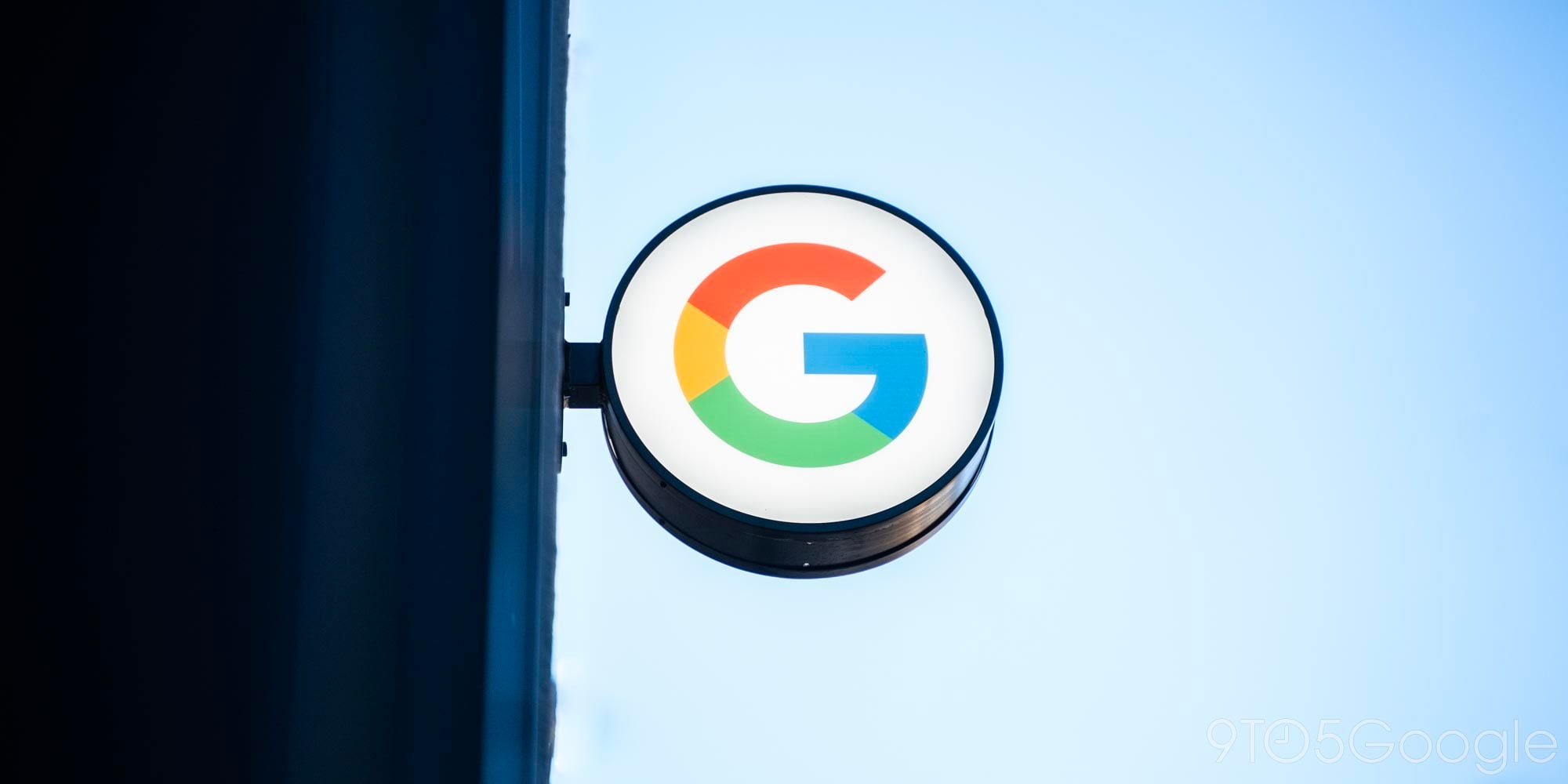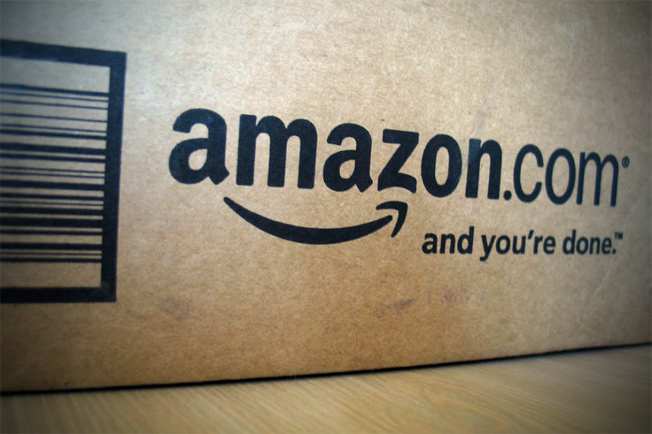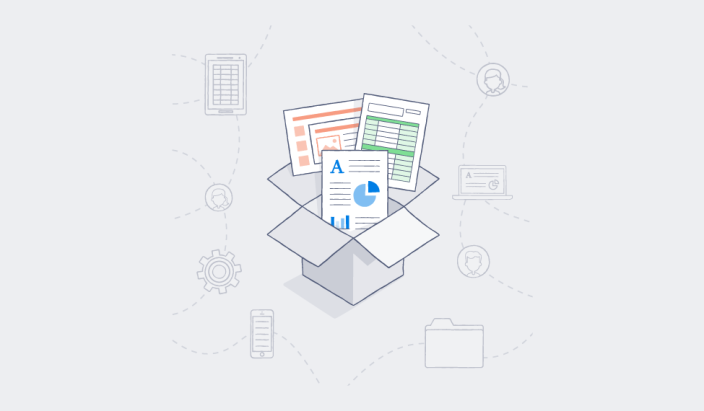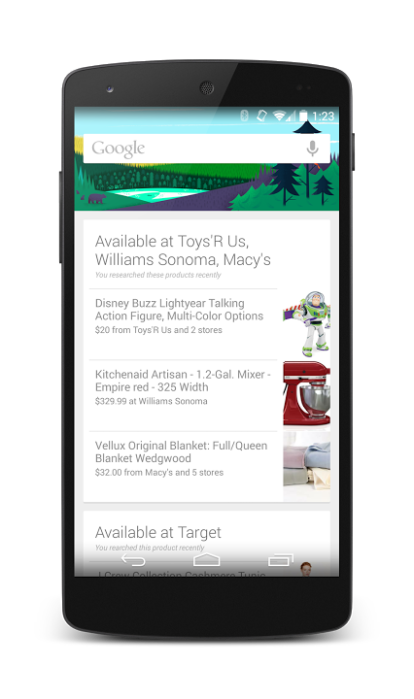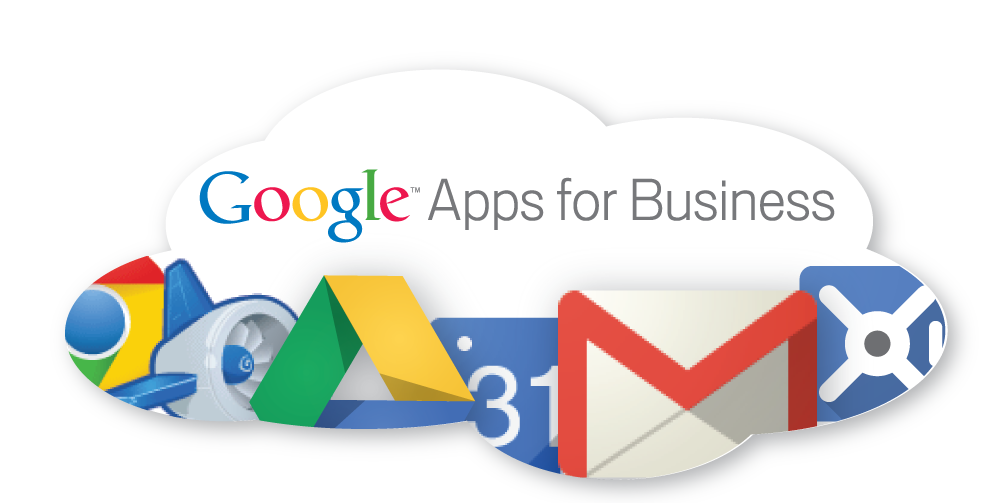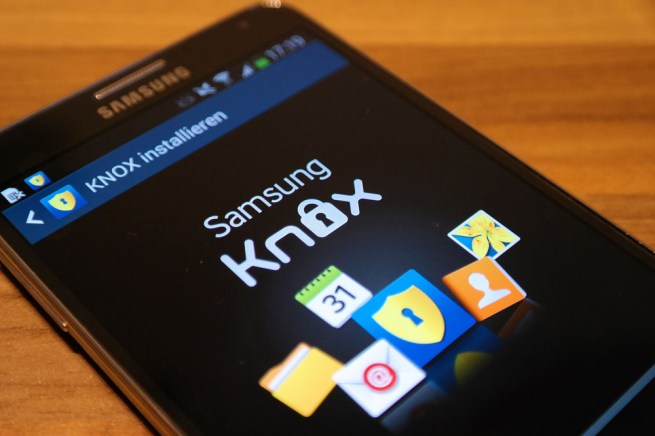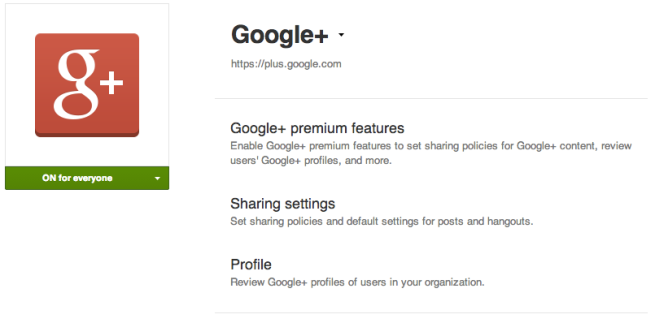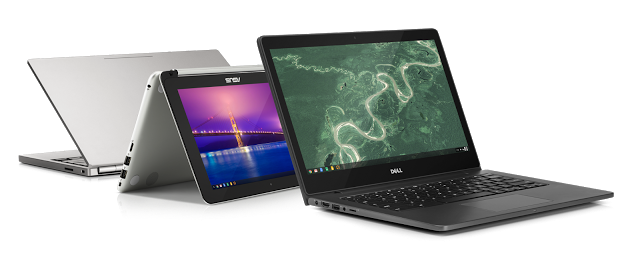 Chromebook for Work is Google’s lineup of premium Chrome OS-powered laptops which it promotes as easy to deploy, highly secure, and ready to run legacy Window applications through OS virtualization. Today the company announced that Dell will begin selling a new one of these business-ready Chromebooks starting September 17th, called the Dell Chromebook 13.
Chromebook for Work is Google’s lineup of premium Chrome OS-powered laptops which it promotes as easy to deploy, highly secure, and ready to run legacy Window applications through OS virtualization. Today the company announced that Dell will begin selling a new one of these business-ready Chromebooks starting September 17th, called the Dell Chromebook 13.
The Chromebook 13 is, like the rest of the Chromebook for Work line, packing a serious punch for a computer running such a lightweight operating system. It has a 13.3″ full HD touchscreen display (1920×1080), a 5th-generation Intel Core i5 processor, a backlit keyboard and glass touchpad, and a palmrest made out of magnesium alloy. The laptop is quoted for 12 hours of battery life, although these ratings are usually generous. The starting price will be $399 when it goes on sale, with no more detail on upgrade options or variants. “Enterprise class performance at an economical price point,” Google says in its blog post.
Chrome OS certainly does hold a lot of promise for IT departments frustrated with the current solutions out there, namely Windows and all the tumult going on at Microsoft over the company’s strategy for the operating system going forward. Google’s operating system was built at a much later time, and without the baggage of years and years of developing and supporting software meant for a place and time that has since passed. In my day-to-day there are rarely more than a few edge case applications and tools I need a full-on desktop computer for, so the ability of Chrome OS to virtualize Windows and run its applications is just icing on the cake of an OS which recognizes that many business-related programs can run in the web and be almost indistinguishable from their desktop equivalents — especially with Chrome OS’s ability to run web apps as individual windowed apps.
